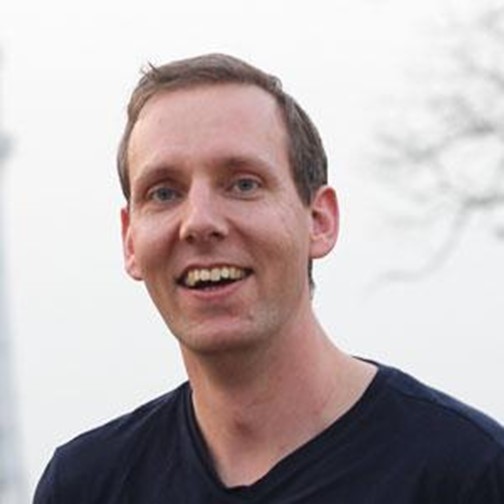Mark Hoogendoorn
- Senior Fellow
Prof. dr. Mark Hoogendoorn’s research focuses on machine learning and its applications, the latter primarily applied in the domain of health and wellbeing. His research ranges from more fundamental machine learning research (including efficiency, explainability, safety, incorporating domain knowledge, and hybrid intelligence) to application-driven research focusing on for instance predictive modeling for diseases, personalized therapies and support systems, and e-health and m-health systems. He is currently a Full Professor of Artificial Intelligence at the Department of Computer Science of the Vrije Universiteit Amsterdam (VU) and chair of the Quantitative Data Analytics group. He has been involved in and has led, a large number of EU projects[1] that aimed to combine AI and health such as ICT4Depression (which he co-led), E-COMPARED, ICARE4OLD, and IMPALA (together with the AIGHD).
Prof. Hoogendoorn is committed to facilitating a broader uptake of AI in the domain of health care. He currently chairs the Special Interest Group on Data Standards and Sharing in ISRII. Moreover, he is a member of the Management Teams of both Amsterdam Medical Data Science and the VU Campus Center for AI & Health. He is also a member of Amsterdam Data Science, the Network Institute, and the Amsterdam Center for Business Analytics. In collaboration with three colleagues, he also founded PersonalAIze to bring academic insights in the area of Machine Learning into practice.
He has previously been a Visiting Scientist within the Clinical Decision Making Group headed by Peter Szolovits at MIT (CSAIL), was a Postdoc researcher at the Department of Computer Science and Engineering at the University of Minnesota in the group of Maria Gini, and was part of the Agent Systems Group and Computational Intelligence group at the VU as an assistant and later associate professor.
[1] Examples of projects funded by Dutch funding agencies range from a project focused more on improving machine learning (e.g. the EDL project to improve the efficiency of deep learning funded by NWO) to health-related projects (e.g. RESCUED to predict sudden cardiac arrest in an early stage),

